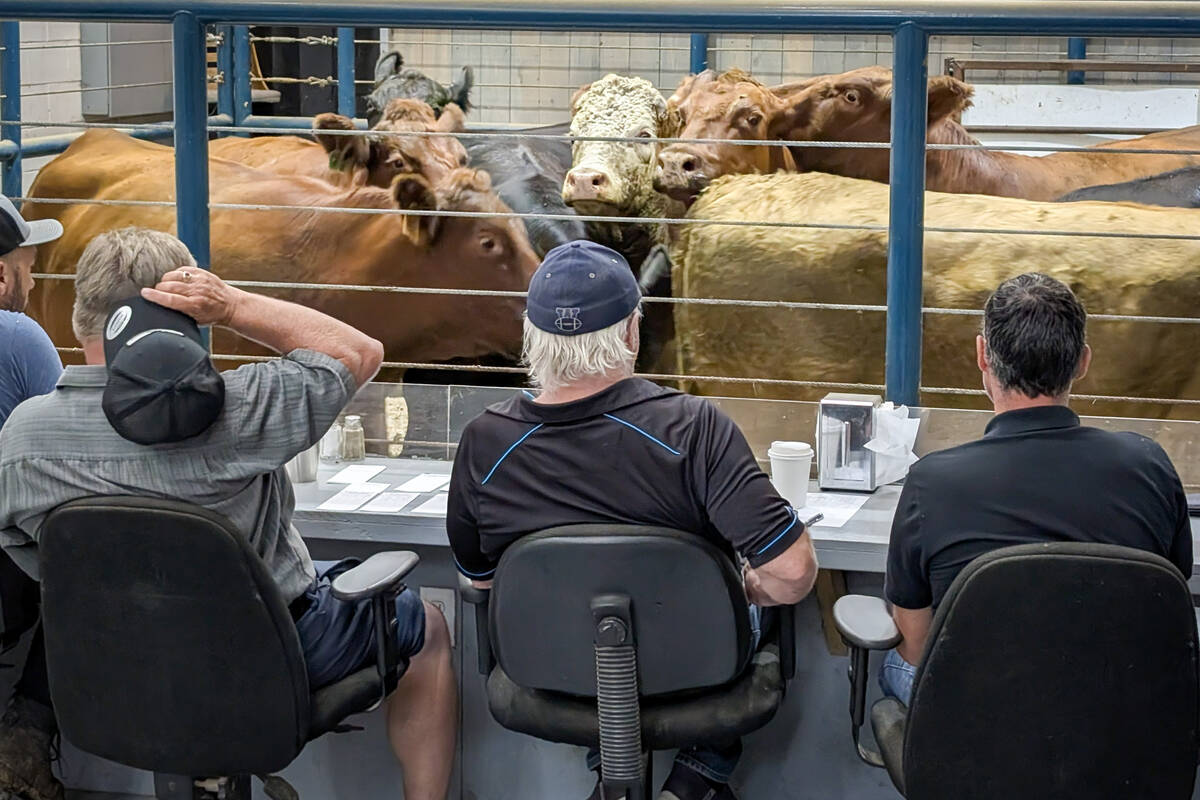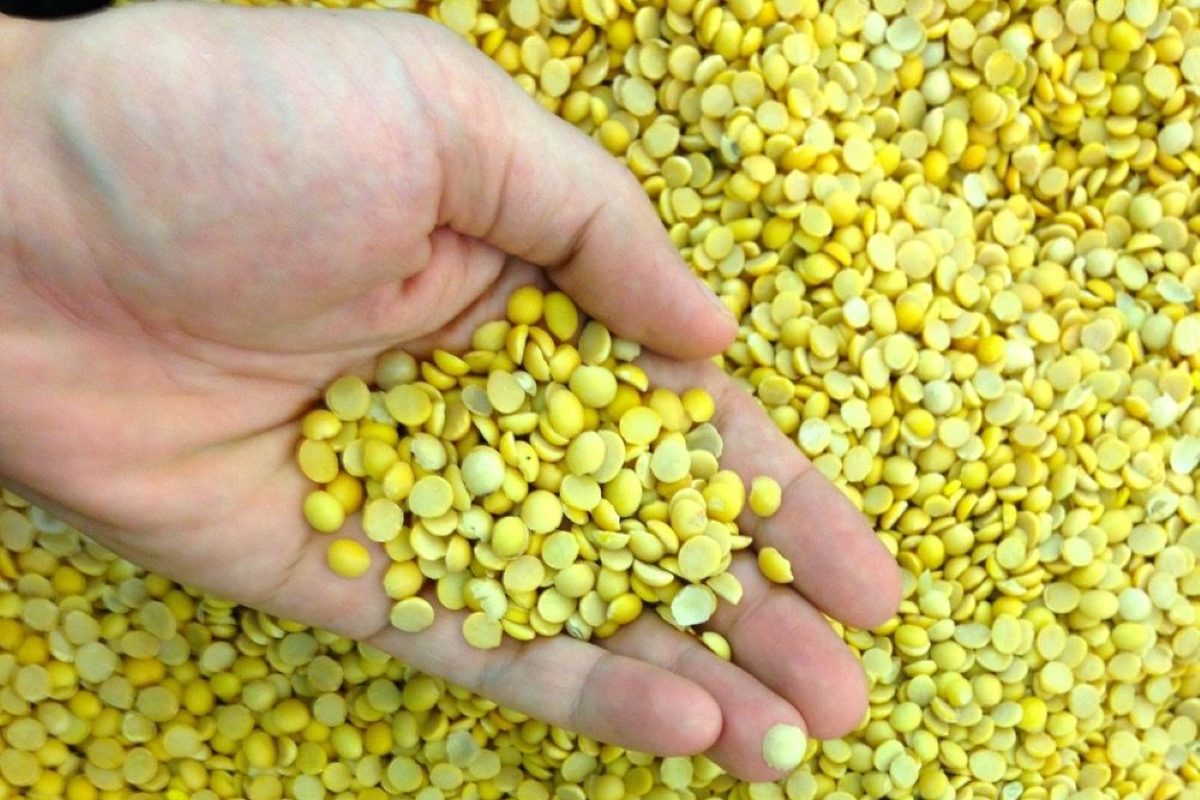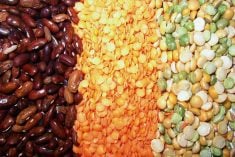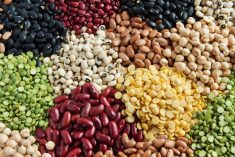Glacier FarmMedia — Pulse Canada is quite unhappy with the Indian government’s recent move to slap a 30 per cent tariff on its yellow pea imports, said the pulse organization’s board chair Terry Youzwa.
Over the last number of years, India has granted a succession of duty-free periods on its yellow pea imports, with the latest period initially scheduled to end in March 2026. However, that came to a quick halt during the last week of October when the Indian government suddenly imposed that levy effective Nov. 1.
Read Also

U.S. livestock: Cattle rally, hogs slide
Chicago cattle futures regained a ground on Monday to maintain a fairly level trajectory after last week’s fall.
Youzwa acknowledged the Indian government acted out of its own interests.
“They’re facing pressure from its own growers and organizations,” he said.
In February, Youzwa was part of a Pulse Canada delegation in India that spoke with several officials.
“Our message is to always ask for transparency. We prefer signals in the marketplace go in before we plant so we can respond to the marketplace,” he said.
If there is a need
Youzwa added that Pulse Canada recognizes if there is a need for tariffs on yellow peas, they would have preferred the Indian government imposing smaller surcharges of five or 10 per cent.
“They didn’t put in 50 per cent or 100 per cent tariffs,” he said and pointed to another important aspect.
“They put in a bill of lading (date) of Nov. 1,” Youzwa said.
That means any yellow peas in transit on or before that date will remain tariff-free.
“The good thing is most of product was already on ships on the way there,” he said.
However, the situation with Canadian yellow peas is still mired with stiff tariffs imposed by China. Youzwa said 80 per cent of Canada’s pea exports go to India and China.
“We want our markets back,” he stated in demanding action from the Canadian government, which offered an improved loan program this summer to help farmers contend with the global trade turmoil.
“How would you like to lose 50 per cent of your pay and be offered a loan? That’s a frustrating situation for a grower,” Youzwa said, noting pulse growers just “want more predictable trade.”

















